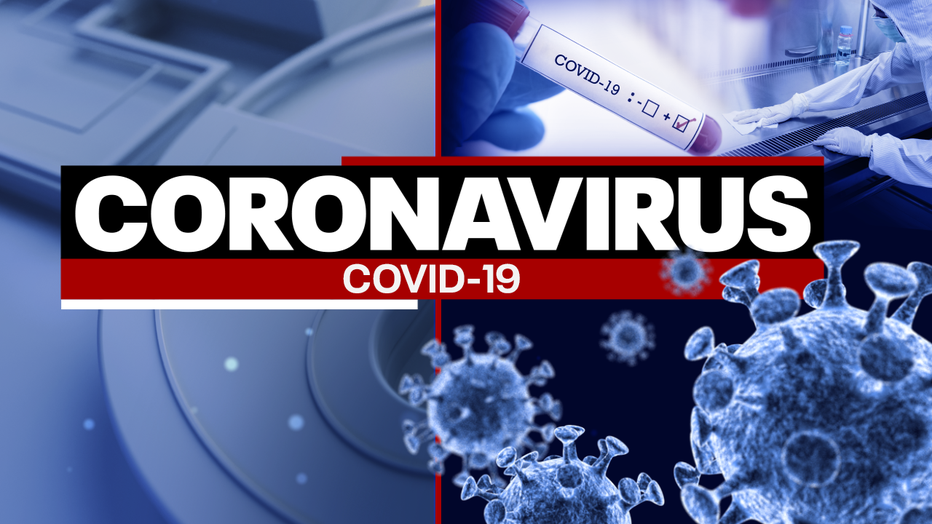What do we know about superspreader events in the pandemic?
What do we know about superspreader events in the pandemic?
We're still learning, but it seems that much of the spread of the coronavirus has been caused by what disease trackers call superspreader events.
That’s when a single person infects a large number of other people, or when a gathering is linked to a large number of cases.
There's no rule for when a cluster of cases is big enough to be called a superspreader event. But these are not instances of spread within one household. Instead, these are large clusters of cases where infection occurs in settings such as churches, restaurants or bars.

In the United States, for instance, a choir member with symptoms attended a rehearsal in March. Of 60 others who attended, 52 got sick with COVID-19, including two who died.
In Hong Kong, an outbreak at four bars infected 39 customers, 20 staff members and 14 musicians before ballooning further to infect 33 family members and other contacts. Disease trackers discovered that bands played at all four bars, so musicians may have spread the virus to more than 100 people all told.
FREE DOWNLOAD: Get breaking news alerts in the FOX6 News app for iOS or Android
Scientists studying three months of contact tracing data from Hong Kong estimated that 19% of people infected were responsible for 80% of the spread of coronavirus infections.
To prevent superspreader events, we need to better understand them, said Anne Rimoin, an infectious diseases expert at the University of California, Los Angeles.
She has called for detailed contact tracing of the infections around President Donald Trump, including those who attended a Sept. 26 Rose Garden ceremony and indoor White House reception for Supreme Court nominee Judge Amy Coney Barrett.
The timing of the event and the number of people infected suggests the possibility of superspreading, she said.
“Contact tracing is the way you get to the bottom of a superspreader event,” Rimoin said. “That’s how you break chains of transmission.”
Unlike many contact tracing investigations, where it can be difficult to find everybody involved, the White House investigation would have “exquisite records and video about who was where and when," Rimoin said. "It's an opportunity to learn about superspreader events that could save thousands of lives, if not millions of lives, in the long run.”
Related
Steny's owner calls new 25% occupancy restriction 'devastating'
Starting Thursday, Oct. 8, capacity will again be restricted to 25% at bars and restaurants to help stem the spread of COVID-19.
Related
Lambeau Field, Packers-owned Titletown businesses no longer accepting cash
Lambeau Field and Packers-owned Titletown businesses no longer accepting cash; free exchange stations available to convert cash to payment cards.
Related
Open Record: A broken record
This episode of Open Record looks at the reasons Wisconsin continues to see a surge in positive COVID-19 cases across the state.




